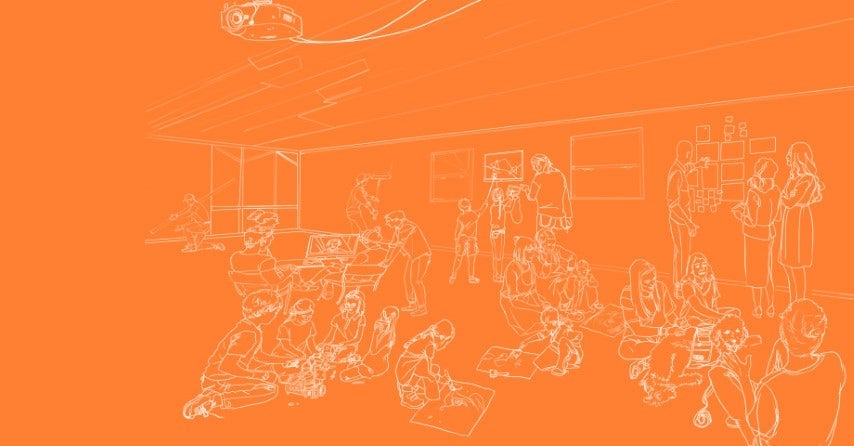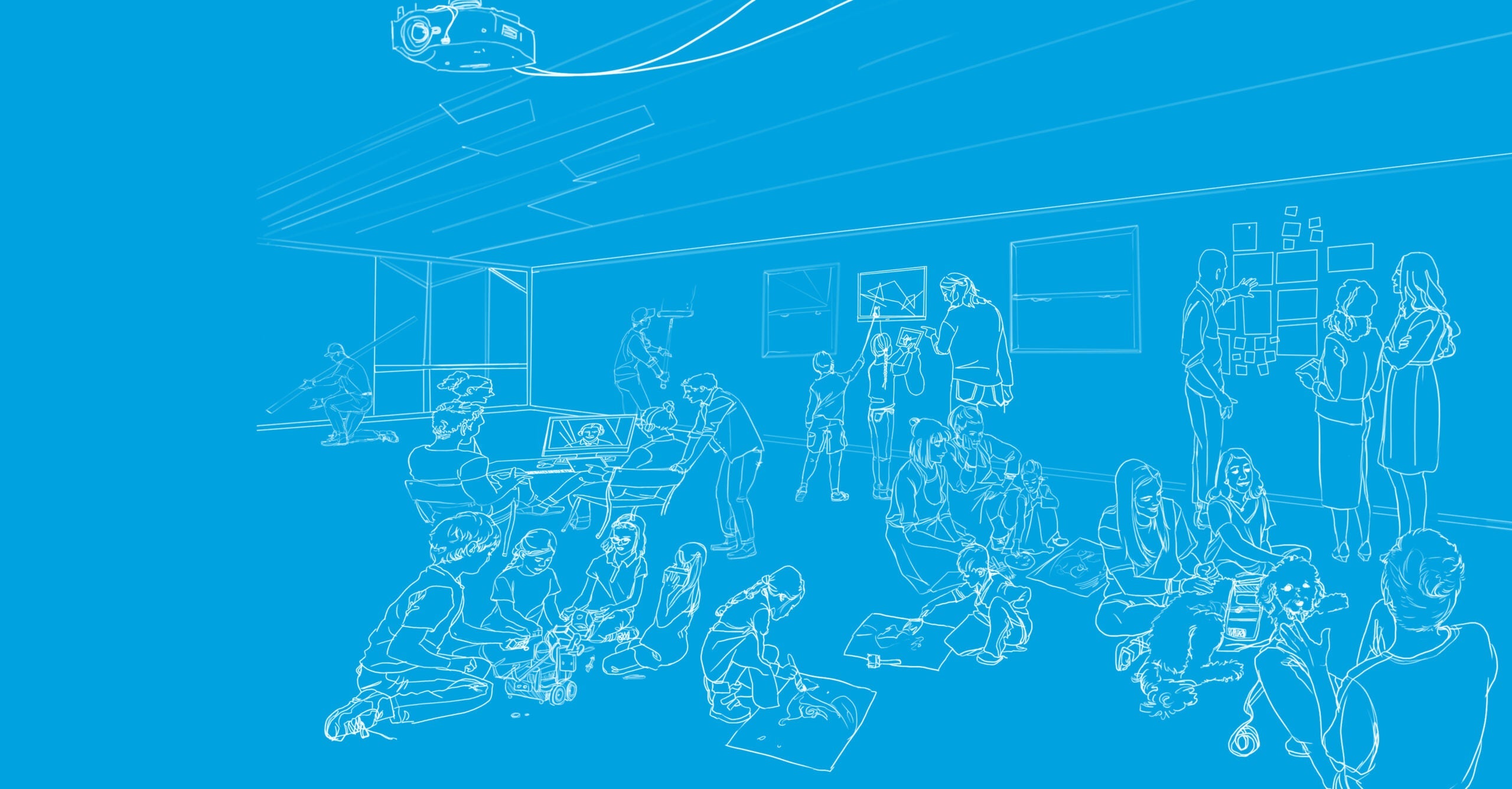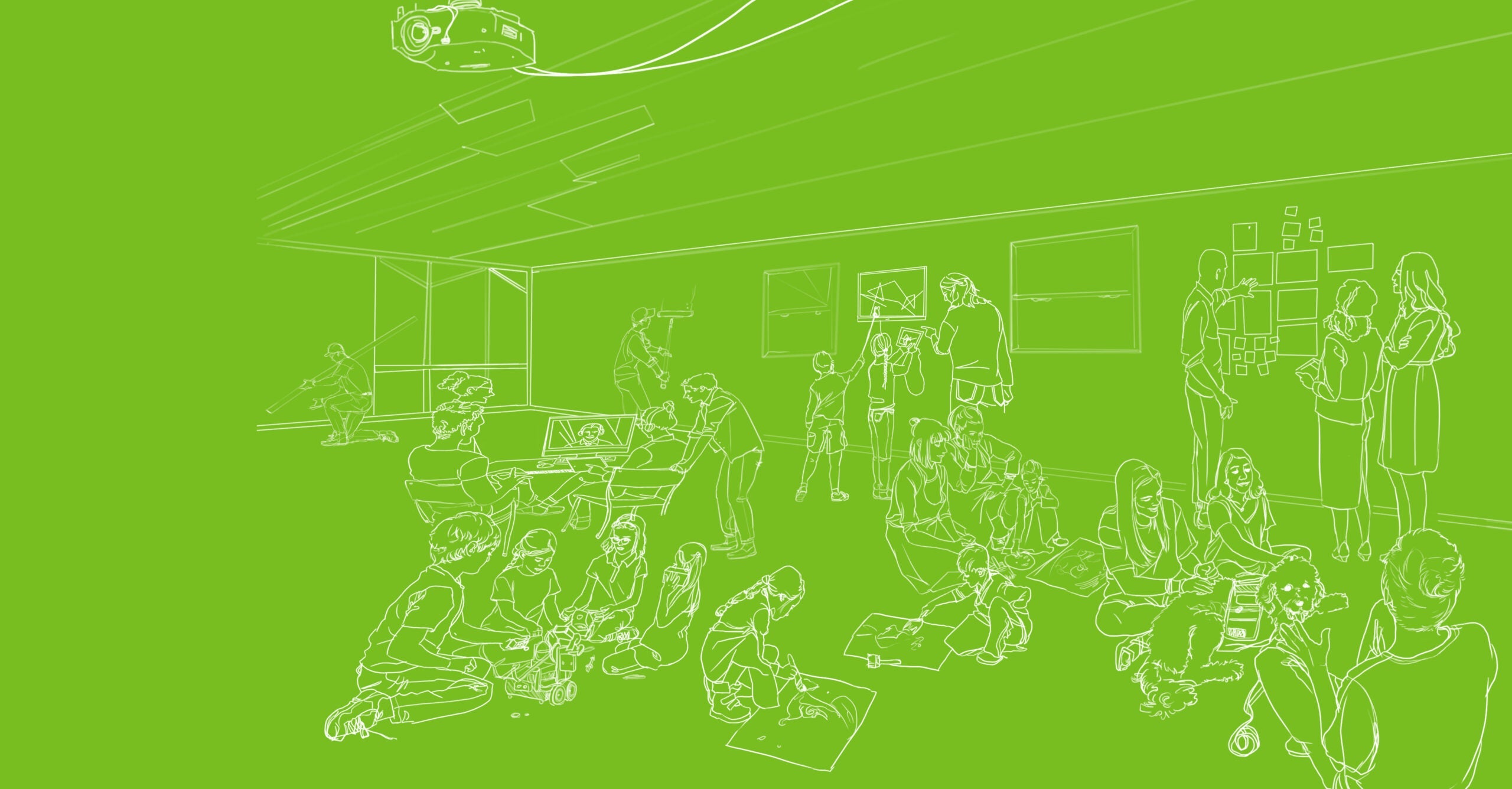Resource Type: Instructional Practice

10 Tips for planning team-based deeper learning
The educator team at Kyrene de las Manitas Innovation Academy co-plans project-based units that support deeper learning. The 10 tips appearing in this document are drawn from their approach to planning. To get started, consider how your team might implement these tips.

Community Educator Invitation and Project Overview Template
Community educators provide capacity and insight in service of deepening and personalizing student learning. They enrich learning environments by forging authentic relationships, sharing expertise and expanding networks. Use this template to guide your communication with community educators.

Team-based PBL unit planning template
Next Education Workforce team-based structures can strengthen the project-based learning instructional approach. This unit planning template takes educators through the steps of designing a PBL unit, while also planning for how to maximize distributed expertise.

Community educator asset map
An asset map is a visual way to identify resources within your community. The act of creating a map of expertise can help you discover connections you already have, organizations you’d love to know about, and talents and resources near your school or available virtually.

Elementary instructional blueprints: An introduction
Elementary instructional blueprints suggest ways teams of educators with distributed expertise might deploy themselves to better deepen and personalize student learning.

Elementary instructional blueprint: Team-based differentiated practice
Elementary instructional blueprints suggest ways teams of educators with distributed expertise might deploy themselves to better deepen and personalize student learning.

Elementary instructional blueprint: Lessons with industry experts
Elementary instructional blueprints suggest ways teams of educators with distributed expertise might deploy themselves to better deepen and personalize student learning.

Elementary instructional blueprint: Thematic learning rotation
Elementary instructional blueprints suggest ways teams of educators with distributed expertise might deploy themselves to better deepen and personalize student learning.

Elementary instructional blueprint: Authentic assessment work time
Elementary instructional blueprints suggest ways teams of educators with distributed expertise might deploy themselves to better deepen and personalize student learning.

Personalized learning resources
Exploring a new topic can be exciting. We want to help make sure your exploration is productive, with targeted searches from reliable sources. This list, while not comprehensive, offers good resources for planning and implementing personalized learning.

Deeper learning resources
Exploring a new topic can be exciting. We want to help make sure your exploration is productive, with targeted searches from reliable sources. This list, while not comprehensive, offers good resources for planning and implementing deeper learning.

Levels of Student Autonomy
Levels of Student Autonomy is a simple system that supports student independence and personalized learning. The resource below explains how you might implement this system in your learning space.

